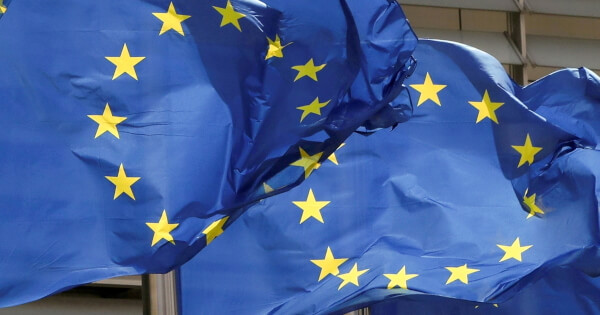ECB Publishes New Guideline on Regulated Digital Asset Licensing
The European Central Bank (ECB) has issued new licensing guidelines for regulating digital assets, although it currently does not have a unified regulatory framework governing crypto-asset activities and services.

ECB stands for European Central Bank, the central bank of the 19 European Union countries that have adopted the Euro.
The ECB’s banking regulator noted that the ECB is taking steps to harmonize its assessment of licensing applications as “national frameworks governing crypto-assets vary widely.”
The Presidency of the Council and the European Parliament recently reached an interim agreement on the proposals of Markets in Crypto Assets (MiCA).
The agreement requires crypto assets to be placed under a regulatory framework. It uses the Capital Requirements Directive criteria, which has been in effect since 2013, to evaluate licensing applications for crypto-related activities and services.
The ECB proposes that the AML/CFT risk profile will be analyzed as several characteristics of crypto assets, such as their lack of intrinsic economic value or reference assets, make them vulnerable to money laundering.
The report states that crypto companies will be assessed accordingly for their licensing from their business models, internal governance and “fit and proper”.
Due to unique characteristics of crypto assets, such as programmability, the ECB report details that:
"The higher the complexity or relevance of the crypto business, the higher the level of knowledge and experience in the field of crypto should be. Senior managers or board members with relevant IT knowledge and chief risk officers with robust experience in this area are important safeguards."
Overall, the publication is evidence of how the ECB, among global regulators, aims to present its regulatory activities related to the crypto ecosystem. With the Markets in Crypto Assets (MiCA) Act under active consideration, many believe this year will mark a major shift in European crypto regulation.
Image source: Shutterstock
Despite Risky Nature, ECB Claims Crypto Demand is Increasing









